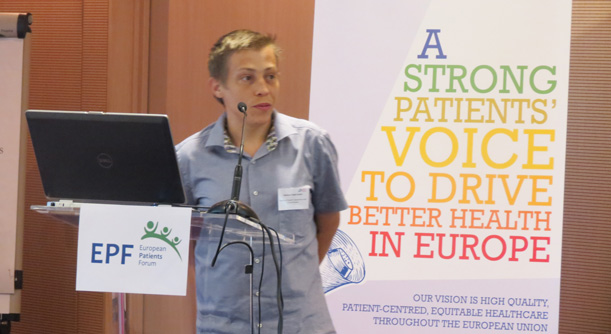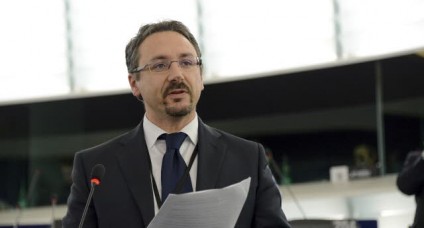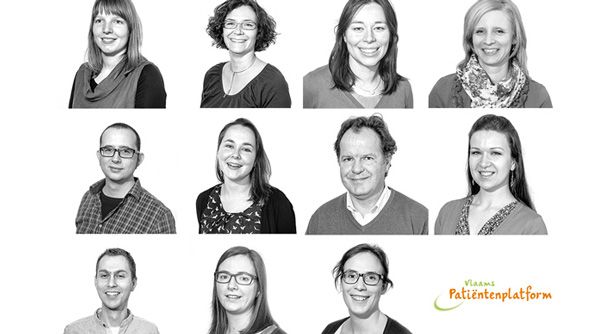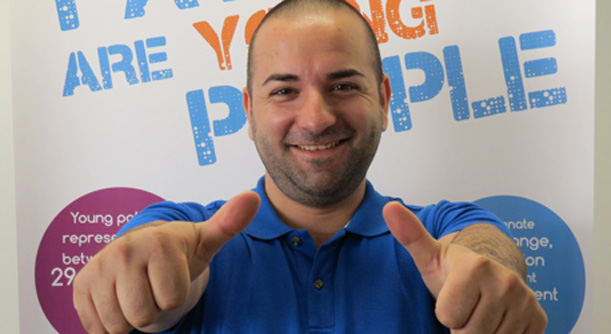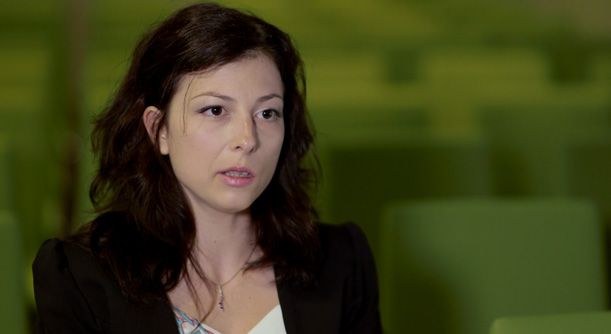Radu Costin Ganescu recently joined the EPF Board and is the President of the National Coalition of Organisations for Patients with Chronic Conditions of Romania (COPAC). Last year he had a healthcare-associated infection after a surgery: we asked him to share his experience with us for our focus on patient safety in June.
How did you acquire a healthcare associated infection (HAI)?
Last year I was hospitalised for a hip prosthesis surgery. The procedure went well but after five days spent at home, I started to have respiratory problems and chest pain. I quickly realised that I was facing a complication after surgery.
At the emergency hospital, I was diagnosed with thromboembolism but the diagnosis was later invalidated. I was released home with antibiotics as they thought I might have a simple pulmonary cold. In the following 24 hours I had to be re-admitted to another hospital due to continuous chest pain and difficulty breathing. I had to re-do all the same tests that showed a new diagnosis of possible bacterial pneumonia. One week and a lot of different treatments later, I asked to be discharged on demand without having a clear diagnosis, only a suspicion of hospital infection (nosocomial) caught after surgery.
What would you recommend to patients to avoid getting infected when receiving care?
Besides hand hygiene information being readily available, I think we should emphasise cleaning the healthcare settings. It is crucial that people believe in these preventative measures and that they take them seriously. The cultural differences among healthcare organisations, but also among countries also plays a role in this. There is a clear need for a mindshift in Romania; for instance, to make sure that all those concerned (primarily managers) understand the key role of patients, mostly in the public sector, and keep patient safety in mind while working. Sometimes, due to the underfunding of hospitals, the managers’ decision on spending the allocated funds is between buying good quality medical gloves or buying poor quality ones to save money for other expenses.
What can be done then?
From my point of view, these complications arising from hospital medical services need to be better monitored by the authorities. Unfortunately the problem in the Romanian healthcare system is that infections are not always reported. Even obvious cases of healthcare associated infections are not recognised as mistakes, so challenging the situation in court is not possible. What I think could work to prevent HAIs, and one of COPAC’s objectives as well, is to engage patients as equal partners in healthcare design activities, including those that refer to safety improvement. The first step would be to set up councils of ethics in hospitals, which would include a representative of patients, to better regulate the healthcare provision and the management of errors.
